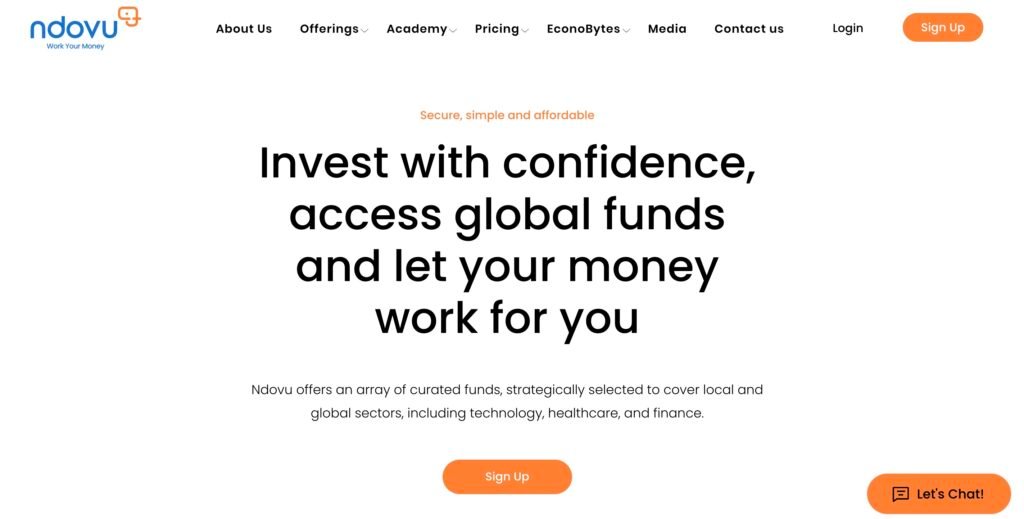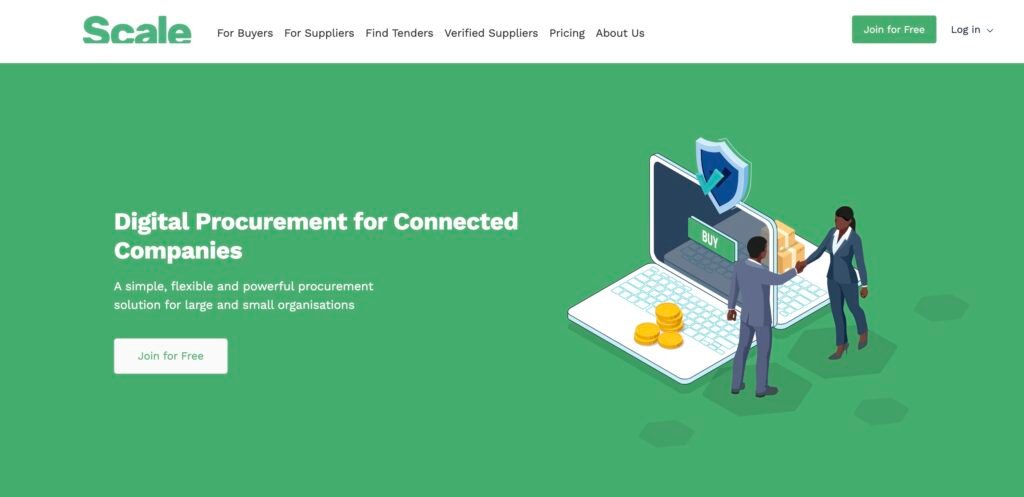Founded in 2021, the Nairobi Business Angel Network (NaiBAN) has rapidly grown into a dynamic community of angel investors dedicated to propelling early-stage startups, primarily within the tech and technical sectors, forward. What began as an informal gathering of 10 visionary individuals has evolved into a robust network of over 150 members, comprising former and current founders who share a passion for supporting innovation in Kenya’s entrepreneurial ecosystem.
A Community Rooted in Collaboration
NaiBAN’s unique culture is evident in its diverse membership base. Approximately 85% of its members are based in Kenya, and the organization stands out with a commendable 48% female membership. This gender diversity is reflected in its portfolio, with 45% of its funded startups having at least one female founder. This level of inclusivity and representation sets NaiBAN apart in an industry often dominated by a less diverse demographic, underscoring the network’s commitment to fostering a balanced and inclusive investment landscape.
Investing with a Purpose
Over the past three and a half years, NaiBAN members have collectively invested over $1 million in 29 startups, with individual checks averaging less than $3,000. This accessible investment structure enables members to contribute according to their means, allowing a broader range of individuals to participate. Additionally, NaiBAN has attracted institutional support, with family offices and other entities contributing another $800,000 to these ventures, demonstrating the network’s reputation for delivering promising investment opportunities.
NaiBAN’s approach is more than just financial; it seeks to offer value beyond capital. The group actively engages with startups by providing feedback, making introductions, and sharing their expertise to help founders navigate challenges. This commitment to being “there for the ride”—both during good times and tough moments—reflects the essence of an active and supportive investor group.
How NaiBAN Works
The network thrives on collaboration and engagement, with deal flow primarily sourced from its members. This model encourages all members to be proactive in scouting and presenting investment opportunities. NaiBAN hosts monthly meetings where members evaluate pitches from startups seeking early-stage funding. These sessions are invaluable for both investors and founders, as they not only facilitate potential investments but also provide an opportunity for constructive feedback and networking.
Examples of Startups Supported by NaiBAN
NaiBAN’s portfolio includes a range of innovative startups that reflect its focus on B2B and B2B2C models. Here are a few examples.

Ndovu
Among NaiBAN’s notable investments is Ndovu, a micro-investment platform that provides easy access to financial markets. Ndovu uses cutting-edge technology and expert financial advisors to help you build wealth.
Ndovu was founded to provide comprehensive financial education and empower users to navigate and invest in the capital markets with ease. The platform stands out for its intuitive design and user-focused approach. This app not only educates users but also simplifies investment processes, making financial growth more accessible to the general public. Key to its success has been its regulatory compliance; Ndovu graduated from a regulatory sandbox, ensuring it operates under stringent regulations that safeguard investor interests.
Ndovu aims to be a one-stop solution for African investors, offering services across different regions. The fintech company’s ambitions are backed by a strong leadership team, including CEO and co-founder Radhika Bhachu, COO and co-founder Ro Nyangeri, CTO and co-founder Gianpaolo de Biase.
Market Potential and Revenue Model
Ndovu’s vision is underpinned by the vast potential of Africa’s financial market, estimated at $1.6 trillion. By targeting 10% of that, the startup identifies a $160 billion serviceable market. In Kenya alone, the obtainable market is projected at $200 million. This immense market potential highlights the importance of a robust platform that can scale and adapt to different financial landscapes. The app’s revenue model is anchored in assets under management, with an advisory fee that contributes to its income stream, offering scalable growth opportunities.
With licenses secured in Kenya, Uganda, and Rwanda, and plans to expand into Zambia, Tanzania, Ethiopia, South Africa, and the Democratic Republic of Congo, Ndovu is set to widen its reach, positioning itself as a Pan-African leader in financial empowerment.
Ndovu’s Impact and Future Outlook
Ndovu’s application is not just about providing financial tools; it is about democratizing investment opportunities for Africans. With a minimum investment threshold of about $50, Ndovu ensures accessibility for a broad audience. The app is enhanced by API solutions that facilitate integration with other financial services, paving the way for scalability and sustainability. Currently, Ndovu is collaborating with pension and insurance providers and expanding partnerships with retail banks to amplify financial well-being across the continent.

Scale
Scale, an innovative e-procurement platform, is transforming how businesses manage their procurement processes by introducing digital efficiency and transparency. Founded with the mission to address the widespread manual inefficiencies in procurement, Scale offers a comprehensive solution that automates and streamlines every step of the process—from budgeting and approvals to tender publication and supplier management.
The Problem Scale Solves
Before Scale’s inception, many organizations faced challenges related to outdated and fragmented procurement processes. Manual systems made it difficult for companies to track budgets, manage requisitions, and handle supplier relationships effectively. This lack of visibility often resulted in delays, errors, and missed opportunities for cost savings. Scale’s platform addresses these issues by digitizing the entire procurement workflow, allowing companies to operate with enhanced transparency and accountability.
Features and Functionality
Scale provides a robust suite of tools that cater to the full procurement cycle:
- Internal Budget and Workflow Management: Organizations can manage requisitions, approvals, and budgets seamlessly within the platform.
- Supplier Interface and Compliance: The platform includes an interface that enables companies to manage their relationships with suppliers, publish tenders, and ensure compliance.
- Document Management: Suppliers can upload their compliance documents once, which remain valid and easily accessible for future tenders. This feature not only saves time but ensures consistency and trustworthiness in transactions.
- Bid and Tender Management: Scale’s RFQ (Request for Quotation) and RFP (Request for Proposal) modules simplify the process of sourcing and evaluating suppliers.
Real-World Impact
A compelling example of Scale’s success is its collaboration with Nation Media Group. Faced with an outdated supplier list, Nation Media struggled to maintain up-to-date records, some of which included suppliers who had been inactive for years. Scale conducted a comprehensive pre-qualification exercise, onboarding 279 new suppliers into the system. This initiative allowed Nation Media to quickly access a pool of qualified suppliers for ongoing and future needs, optimizing procurement efficiency.
The platform also demonstrated its ability to manage emergency procurement for clients such as Davis & Shirtliff, who needed spare parts for their fleet on short notice. Scale’s quick publication and response process enabled 24 suppliers to express interest, with seven submitting bids over the weekend. This rapid turnaround exemplifies the platform’s capability to handle time-sensitive requests effectively.
Promoting Cost Savings and Inclusivity
Scale has not only improved operational efficiency but also led to significant cost savings. For example, when working with M-KOPA, Scale’s RFQ module enabled the company to source suppliers for hard-to-find services, such as immigration support, resulting in savings of up to 30% after technical evaluations.
Moreover, Scale is committed to promoting diversity and inclusivity. The platform’s design allows buyers to publish tenders specifically for women-owned, youth-owned, or disability-owned businesses, supporting policies aimed at equity in procurement. The platform’s features ensure that clients can measure and report on their diversity efforts, reinforcing a commitment to social responsibility.
Building Trust Through Digitization
A cornerstone of Scale’s vision is to digitize and propagate trust within the procurement ecosystem. By centralizing and automating the due diligence process, Scale ensures that suppliers are consistently vetted and their credentials maintained. This system benefits both buyers and suppliers by creating an immutable record of transactions, ratings, and compliance documents. Such a system facilitates smoother access to supply chain financing, as financial institutions can verify trust and performance metrics through Scale’s platform.
The Future of NaiBAN
The organization’s vision is clear: to support young and early-stage founders, providing them with not just the financial resources they need but also the mentorship and community support that can make all the difference in their entrepreneurial journeys. NaiBAN’s cofounder and CEO Nick Vilelle emphasizes the importance of maintaining fun and passion in the process, reminding members that if they are overly stressed about their investments, it might not be the right path for them. The network aims to deliver both financial and impact returns, ultimately building a more connected and resilient startup ecosystem.

NaiBAN’s journey is a testament to the power of community-driven investment in Africa and the importance of building ecosystems where startups can thrive. Through their active participation, the network’s members not only invest money but also contribute to the growth and sustainability of Kenya’s entrepreneurial landscape.




